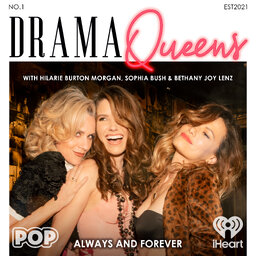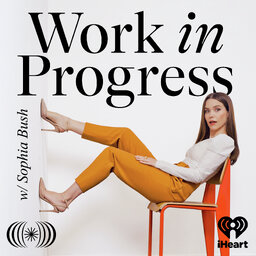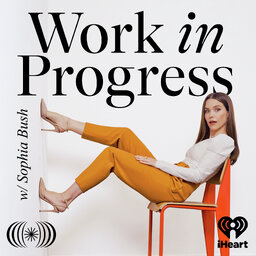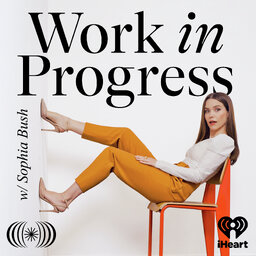Work in Progress: In Case You Missed it: Jesse Tyler Ferguson
Jesse Tyler Ferguson went from being a shy kid to being a successful actor on Broadway and the big and small screen . . . and now he's a successful podcast host too! Is there anything he can't do?
The actor joins Sophia to chat about his journey to becoming an actor, which started at the tender age of eight, how he feels now looking back on his "Modern Family" days, fun stories from the set, and juggling home and work life with two little ones at home!
Plus, the scoop on his podcast "Dinner's On Me," including upcoming guests and favorite restaurants you should check out!
 Work in Progress with Sophia Bush
Work in Progress with Sophia Bush



